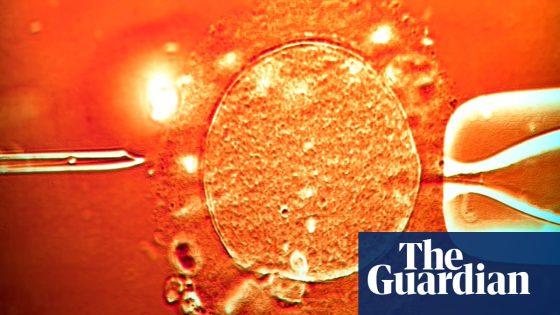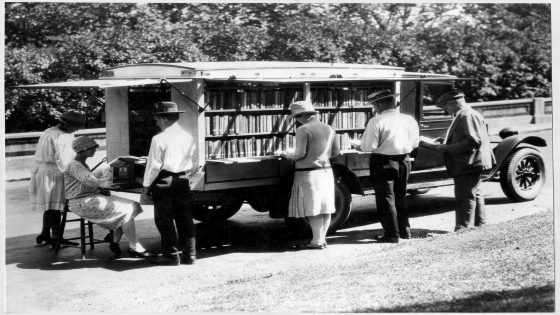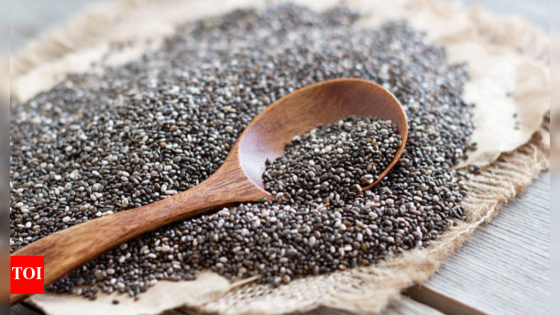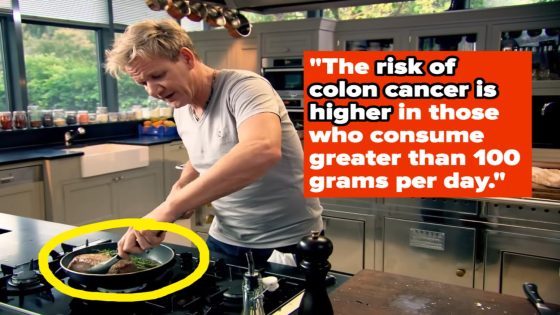A recent case involving donor sperm has raised significant health concerns, particularly regarding genetic risks. A man with a rare cancer-causing mutation has fathered at least 67 children, with 10 diagnosed with cancer. This alarming situation, highlighted at the European Society of Human Genetics conference on 2025-05-24 05:30:00, underscores the urgent need for stricter regulations on sperm donation.
- Rare mutation linked to cancer in donor sperm
- 67 children conceived, 10 diagnosed with cancer
- Need for limits on sperm donor usage
- Challenges in tracing affected families across countries
- European Sperm Bank confirms donor's mutation presence
- Calls for better tracking and international coordination
Experts are increasingly worried about the implications of using sperm from single donors to conceive numerous children across different countries. This case not only emphasizes the potential health risks but also the challenges in tracing families when serious medical issues arise.
With the emergence of genetic diseases from donor sperm, how can families ensure their children’s health? The complexity of tracing multiple families across countries complicates this issue. As Dr. Edwige Kasper noted, “We need to have a European limit on the number of births or families for a single donor.” Here are some health recommendations:
- Consider genetic counseling for children conceived from known carriers of genetic mutations.
- Stay informed about the donor’s health history and any potential genetic risks.
- Request regular health screenings, including MRI scans, for at-risk children.
Moving forward, it’s crucial for both donors and recipients to engage in open dialogue about genetic health. Establishing international guidelines could prevent similar situations and protect future generations.

































